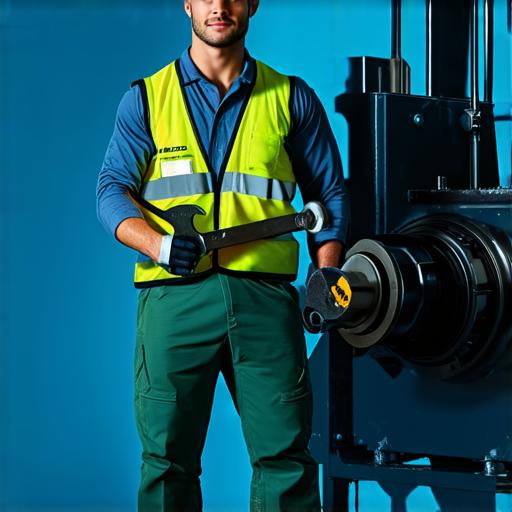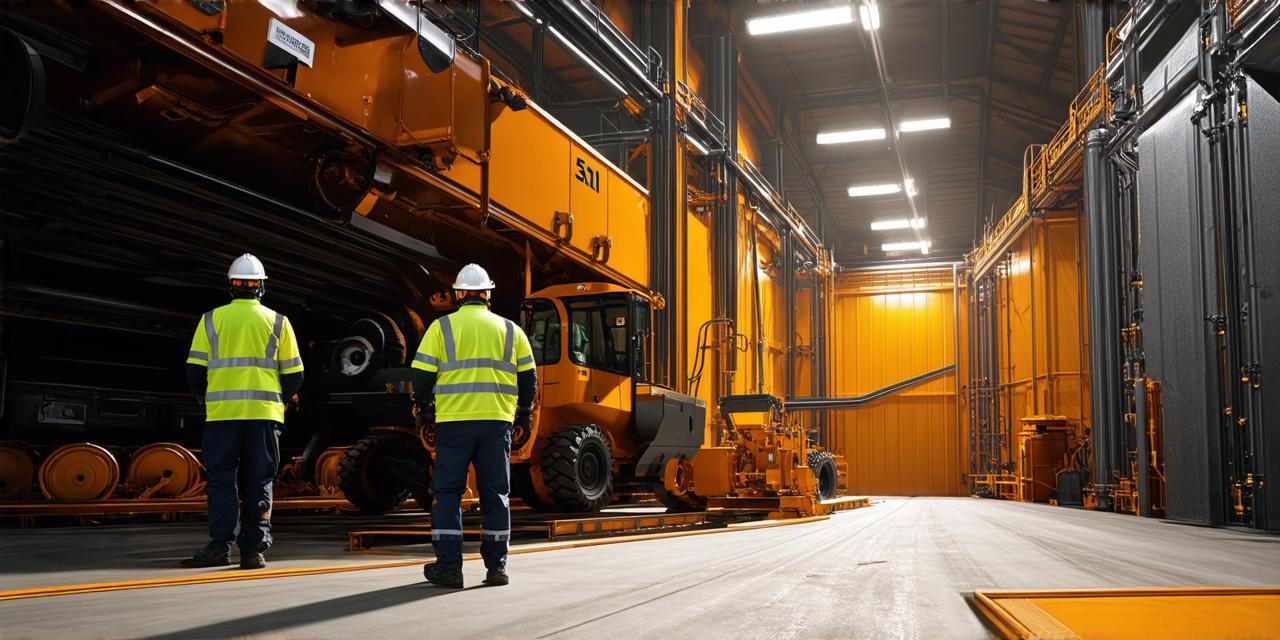Outsourcing Facilities
An outsourcing facility is a physical location where organizations can outsource various tasks and processes to third-party providers. These facilities are typically equipped with specialized equipment, technology, and personnel to handle specific types of work. Outsourcing facilities are commonly used in industries such as manufacturing, logistics, and IT services to reduce costs, increase efficiency, and improve quality.
Benefits of outsourcing facilities
Outsourcing facilities offer a number of benefits to organizations, including:
- Cost savings: By outsourcing work to third-party providers, organizations can reduce labor costs, lower overhead expenses, and avoid the need for specialized equipment and technology.
- Increased efficiency: Outsourcing facilities are often staffed with highly skilled personnel who are dedicated to performing specific tasks or processes. This allows organizations to focus on their core business activities while leaving the more specialized work to the facility’s experts.
- Improved quality: Outsourcing facilities typically have strict quality control measures in place, ensuring that work is completed to a high standard and meets specific requirements.
- Flexibility: Outsourcing facilities can be scaled up or down as needed, allowing organizations to quickly adapt to changing business needs.
- Access to specialized expertise: Outsourcing facilities often have specialized knowledge and expertise in specific areas, which can be difficult for organizations to acquire internally.
Real-life examples of outsourcing facilities
There are many companies that have successfully utilized outsourcing facilities to achieve their business goals. Here are a few examples:
- Amazon: Amazon uses a number of outsourcing facilities around the world to handle various aspects of its operations, including manufacturing, logistics, and IT services. These facilities help Amazon keep costs low and maintain high levels of efficiency and quality.
- Apple: Apple has a number of outsourcing facilities in countries such as China and Vietnam where it manufactures many of its products. These facilities are staffed with highly skilled personnel who are dedicated to producing high-quality electronics.
- General Electric (GE): GE uses an outsourcing facility in India to handle much of its IT services, including software development, testing, and maintenance. This allows GE to focus on its core business activities while leaving the more specialized work to the facility’s experts.
Key factors to consider when selecting an outsourcing facility
When selecting an outsourcing facility, there are a number of key factors to consider, including:
- Location: The location of the facility should be convenient for your organization and easily accessible to your products or services. It should also be in a country with a stable political and economic environment.
- Size: The size of the facility should be appropriate for your organization’s needs. A smaller facility may be more suitable if you only require a few services, while a larger facility may be necessary if you need to outsource multiple tasks or processes.
- Technology: The technology used in the facility should be compatible with your organization’s existing systems and meet your specific requirements. It is important to ensure that the facility has the necessary equipment and software to handle your needs.
- Personnel: The personnel working in the facility should have the necessary skills and experience to perform the tasks and processes you need them to do. They should also be well-trained and have a strong work ethic.
- Quality control measures: The facility should have strict quality control measures in place to ensure that work is completed to a high standard and meets your specific requirements.
- Security and confidentiality: It is important to ensure that the facility has adequate security measures in place to protect your sensitive data and intellectual property. They should also have clear policies and procedures for handling confidential information.

FAQs
1. What types of work can be outsourced to an outsourcing facility?
An outsourcing facility can handle a wide range of tasks and processes, including manufacturing, logistics, IT services, and many others.
2. How do I choose the right outsourcing facility for my organization?
When selecting an outsourcing facility, consider factors such as location, size, technology, personnel, quality control measures, security, and confidentiality.
3. What are the benefits of using an outsourcing facility?
Outsourcing facilities offer a number of benefits to organizations, including cost savings, increased efficiency, improved quality, flexibility, and access to specialized expertise.
